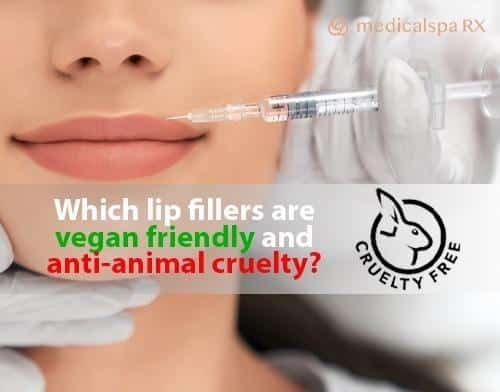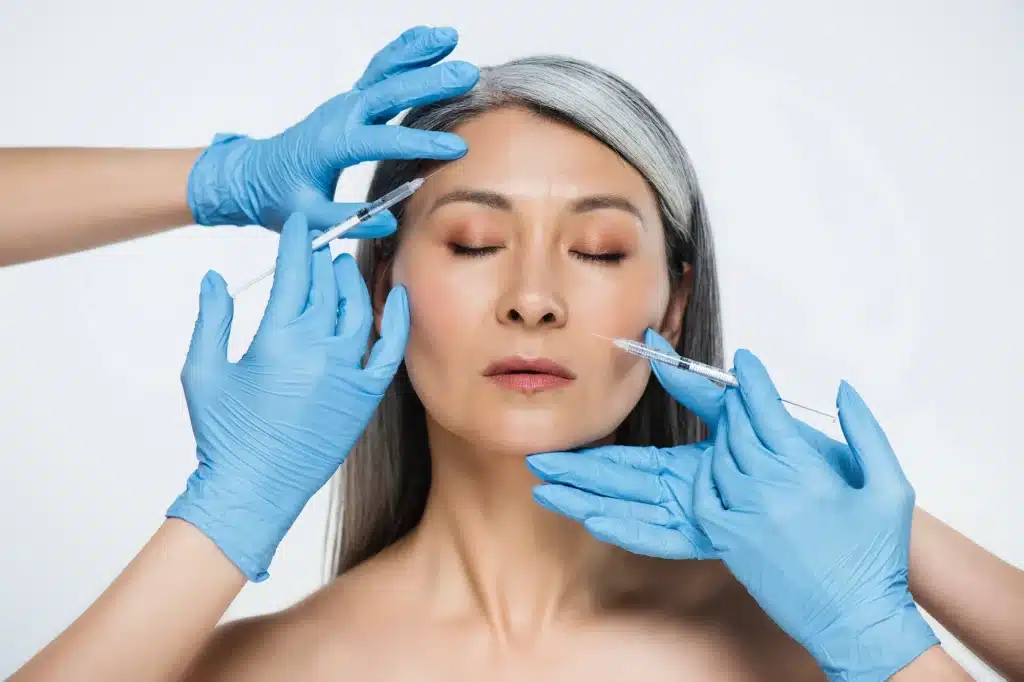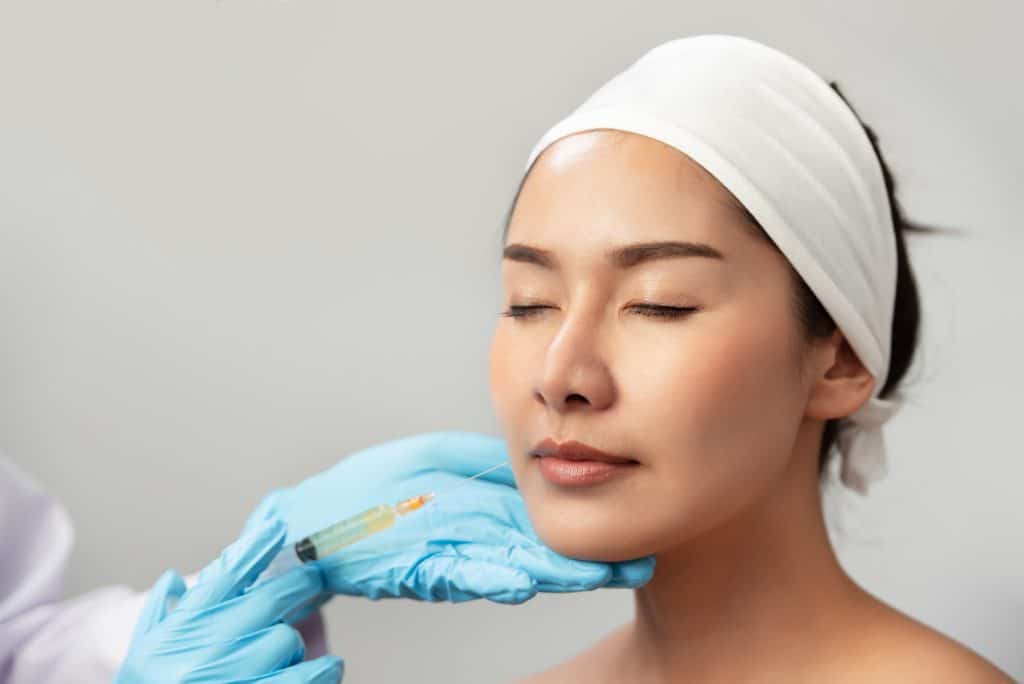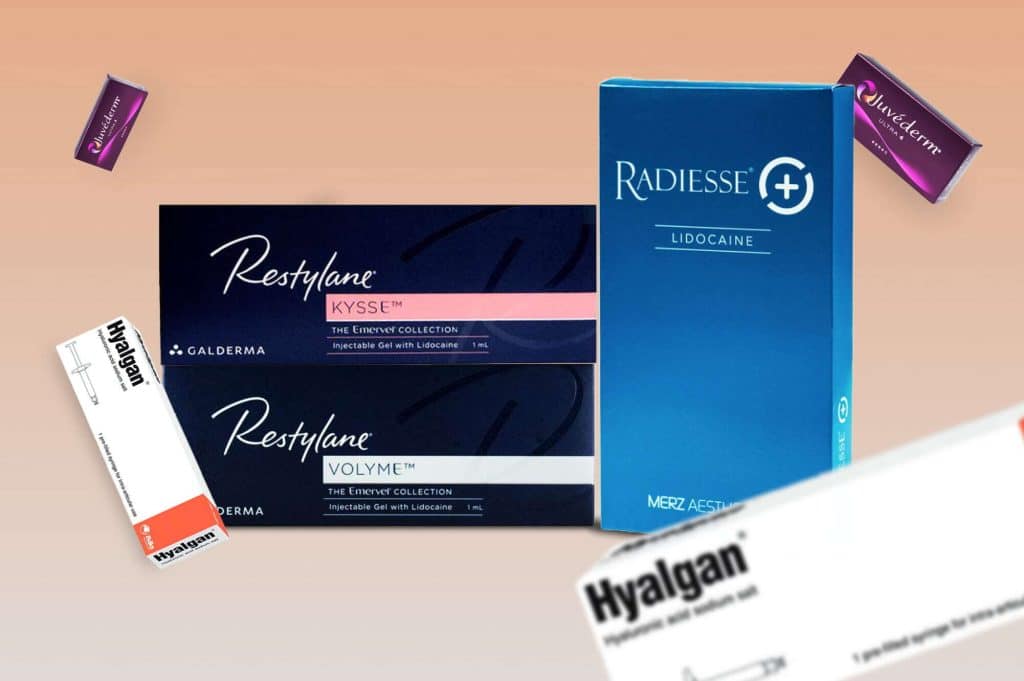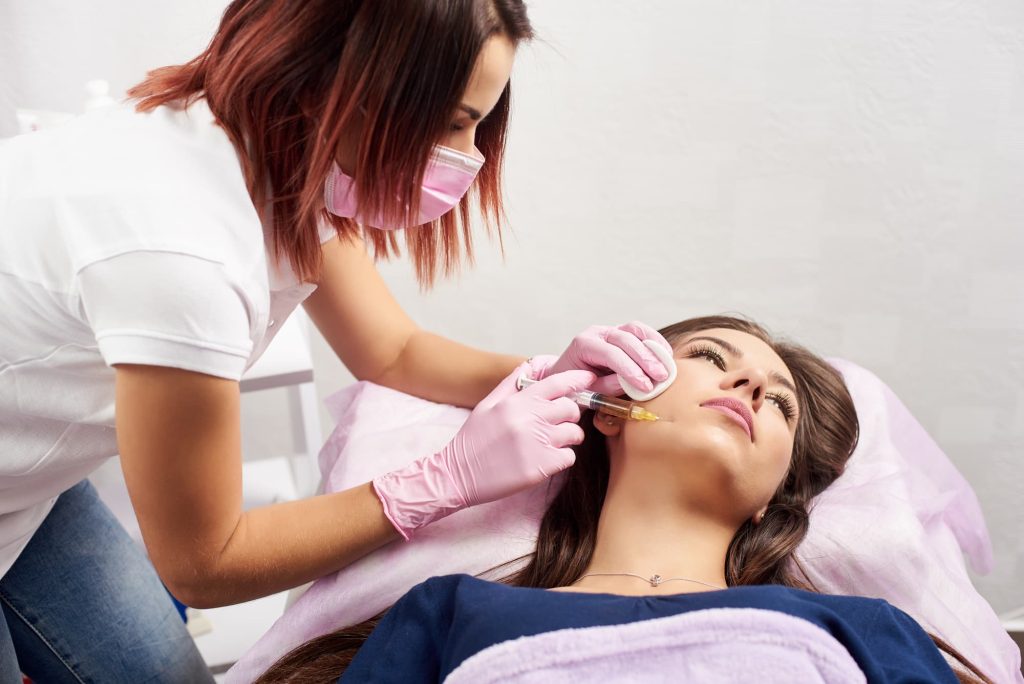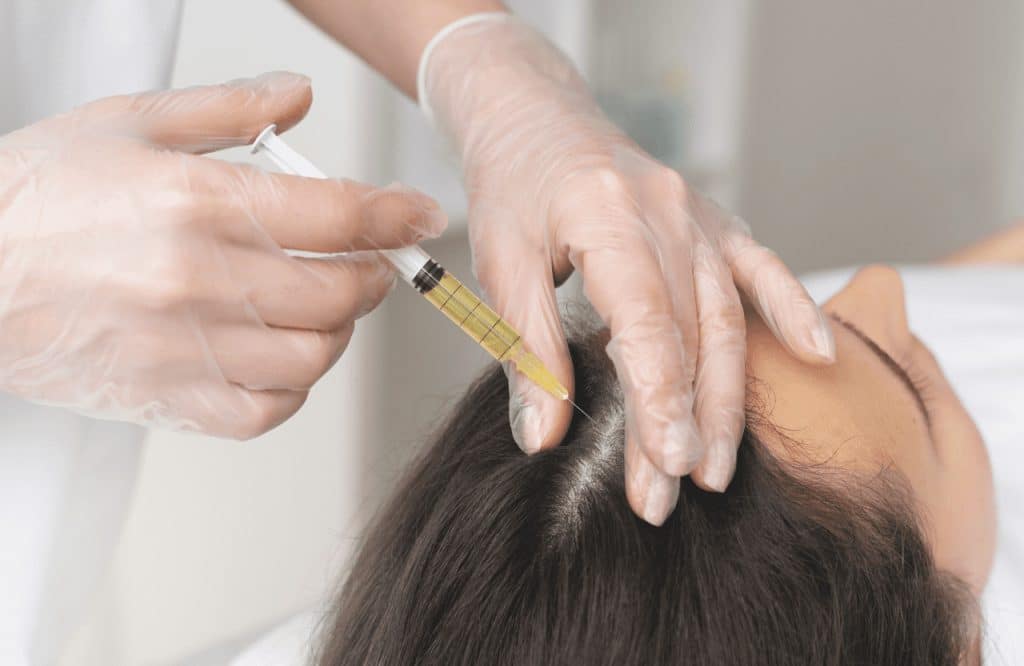Veganism is the practice of abstaining from the use of animal-based products. This is most commonly seen in dietary vegans who avoid eating animal-based food, but there are also ethical vegans who apply this philosophy to all products such as cosmetics, clothing, and even medications. This philosophy is similar to and complements the anti animal cruelty movement as they both believe that supporting products that use or harm animals is unethical and should be avoided or replaced with alternatives.
In the world of cosmetics, this includes changes to how cosmetic products and aesthetic medications are made or tested. More people have started asking for non-animal based products, so a number of manufacturers decided to look for alternatives.
What is considered vegan-friendly or anti-animal cruelty?
Depending on who you ask, different people may have a different understanding of whether a product is vegan or not.
At the very least, a vegan product can mean that the product is 100% not derived from an animal. It can also mean that the product has to be used in a way that does not use animal products or has not been tested on animals as part of its development.
A good example of this conundrum is if you consider a 100% vegan product as a product that is not derived from animals and does not test its products on animals, all FDA-approved dermal fillers should not be considered 100% vegan. This is because the FDA still requires animal testing on all medications before they can be approved for human use.
That being said, many companies have started making progress toward removing animal testing altogether, so it may be a matter of time before we get a 100% vegan dermal filler.
For anti-animal cruelty, or cruelty-free products, it is a much simpler distinction. It simply means that it is a product that is not tested on animals. Though there are now plenty of cosmetics that get certified as cruelty-free, dermal fillers are still considered medications and are subject to the same problems outlined in the example above. However, this may change as more and more manufacturers are currently trying to find alternatives to animal testing.
What are some vegan-friendly ingredients used in fillers?
A few years ago, lip fillers used to be made of bovine collagen or taken from rooster combs. These had many drawbacks other than them being harmful to the animals they were extracted from, including inconsistent results, lumps, and a higher risk for infections.
Hyaluronic acid
Today, most dermal filler brands have switched to synthetic forms of fillers such as hyaluronic acid. To be specific, these companies have opted to use non-animal stabilized hyaluronic acid or NASHA. This is hyaluronic acid created using bacterial synthesis. It is purified and stabilized through molecular cross-linking, resulting in a hyaluronic acid product that does not need to be taken from animals like cows or roosters.
It is considered to be safer and more controllable as manufacturers are able to better manipulate the size, composition, and crosslinking of the hyaluronic acid molecules, allowing them to produce more accurate and consistent results. And since they don’t have any animal tissue in them, there is less risk of any animal-based infections or hypersensitivity reactions.
Botulinum Toxin
Botulinum Toxin, the main ingredient of Botox, is derived from the bacteria botulinum clostridium. The toxin itself is animal-free and vegan friendly. However it is prepared with albumin when used in dermal fillers. Albumin is a protein that can be taken from human blood or from eggs, meaning this might not be a completely vegan option.
Poly-L-Lactic Acid
Poly-L-Lactic Acid (PLLA) is a biocompatible and biodegradable synthetic polymer that induces collagen production. When the PLLA is injected into the body, it induces an inflammatory response and stimulates collagen production. The immune response degrades the PLLA and collagen is left in its place. This polymer is derived from non-animal sources, making it vegan.
So what brands are vegan friendly?
More and more brands are making the shift to vegan friendly alternatives to their products. Among the foremost are:
- Restylane – Restylane, created by Galderma, was the first major brand to use non-animal stabilized hyaluronic acid in their products, They are FDA-approved and have 25 years of experience making dermal fillers. For lip augmentation, their Restylane Kysse offers long-lasting and natural-looking effects.
- Juvederm – The whole Juvederm line of products use non-animal stabilized hyaluronic acid and its manufacturer, Allergan, has reduced its use of animal testing by up to 95%. Its products such as Juvederm Ultra Smile adds volume to the lips and promotes collagen growth.
- Botox – Botox is also distributed by Juvederm and contains human albumin. Due to the toxicity of botulinum toxin, animal testing is still a necessary part of its production despite Allergan’s efforts to reduce it as much as possible.
- Filorga – Filorga also uses non-animal stabilized hyaluronic acid just like Restylane and Juvederm. On their website, they state that they do not perform animal testing in accordance to European regulations that prohibit such practices.
- Sculptra – Sculptra is an example of a Poly-L-Lactic acid filler. Though it is mainly to restore volume in larger areas of the skin, it can also be used in nasolabial folds, smile lines, and marionette lines. It lasts longer due to its effects of inducing collagen production in the treated areas.
